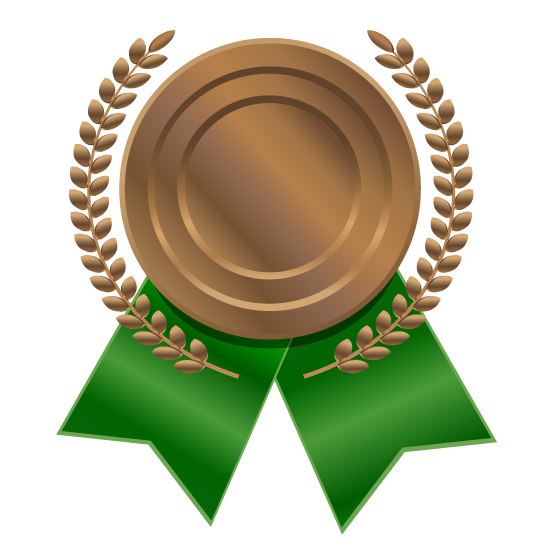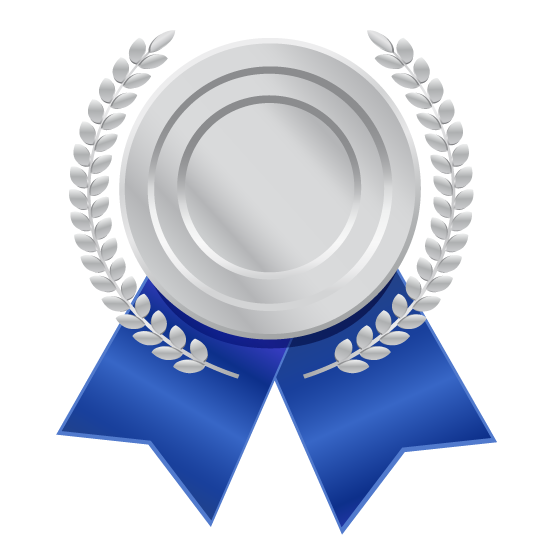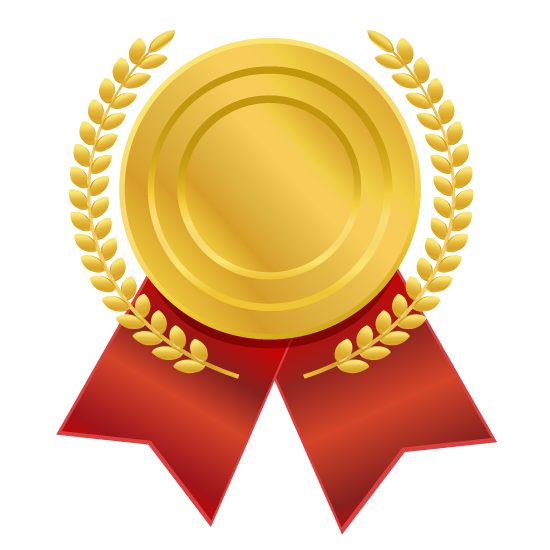Team:TU-Eindhoven/LEC/Accomplishments
From 2012.igem.org

 | Register the team, have a great summer and plan to have fun at the Regional JamboreeAs can also be seen at our photos we had a great summer! |
 | Complete the judging formThis was completed and submitted. |
 | Create and present a wiki, poster and talkAs you can see our wiki is done and of course we are going to present our poster and talk at the Regional Jamboree. |
 | Create and document a new BioBrickTMCreated new Ca2+ sensor BioBricksTM. See our BioBricksTM. |
 |
Our new BioBrickTM has been demonstrated and characterizedWe have created BioBricksTM from the GECO proteins, these are demonstrated and characterized as shown here. This information has been entered in the registry. |
 |
Discovery FestivalWe organized an iGEM workshop on the Discovery Festival in the Netherlands in collaboration with 3 other Dutch iGEM teams: Amsterdam, Groningen and Wageningen_UR. To cooperate in this large project, the 4 teams met a couple of times on different locations in the Netherlands. Besides these meetings, we discussed a lot during several Skype-meetings. We will take our visitors on a tour in our provisional laboratory, where they will learn about the process of genetic modification. The festival will take place in 3 cities, Amsterdam, Rotterdam and Eindhoven, and over 5000 visitors are expected. Hopefully, this will inspire other teams in upcoming years to combine forces in reaching out to the public. More information can be found on the public outreach page. |
 |
CollaborationsWe met all Dutch iGEM teams during a symposium in the first week of the summer break. Furthermore, we posted two offers on the NTNU-Trondheim Matchmaker, we helped the teams of Queens_Canada and Trieste with their computational models and we came up with 'tips and tricks' for new iGEM teams for the team of Cinvestav. Just before the Regional Jamboree, the Dutch teams will meet again during a symposium in Eindhoven, where every team can rehearse their final presentation. Some German and Belgian teams were also invited to this symposium. See our collaborations page. |
 |
DeviceWe made a working device and created elaborate software for it. |
 |
ModelA sensitivity analysis is performed to a basic calcium model, first used by the iGEM team of Valencia in 2009, so we found out which parameters are most sensitive. Furthermore, we made an extended calcium model, in which the kinetics of the calcium homeostasis, voltage-gated calcium channels and GECO proteins are taken into account. By combining these three characteristics, we created a model for a completely new system. |
 |
Our yeast cellsIn the lab, we created three kinds of yeast cells, containing both the channel proteins CCH1 and MID1 and a red, green or blue GECO calcium sensor. |
 |
Challenge in working with yeast cellsBy choosing a yeast cell as the basis for our project, we created a challenge for ourselves. Most iGEM work is done with E. coli and relatively few projects focus on yeast. Therefore less knowledge is available and few compatible BioBricksTM have been developed. On the other hand, it creates a greater opportunity for us to contribute to the Registry. Also, our project is focused on a system in which a respond to exogenous stimuli is important, whereas many previous iGEM projects focus on intracellular processes. Again, we hope we created new knowledge which is usable for upcoming teams.
|
 "
"